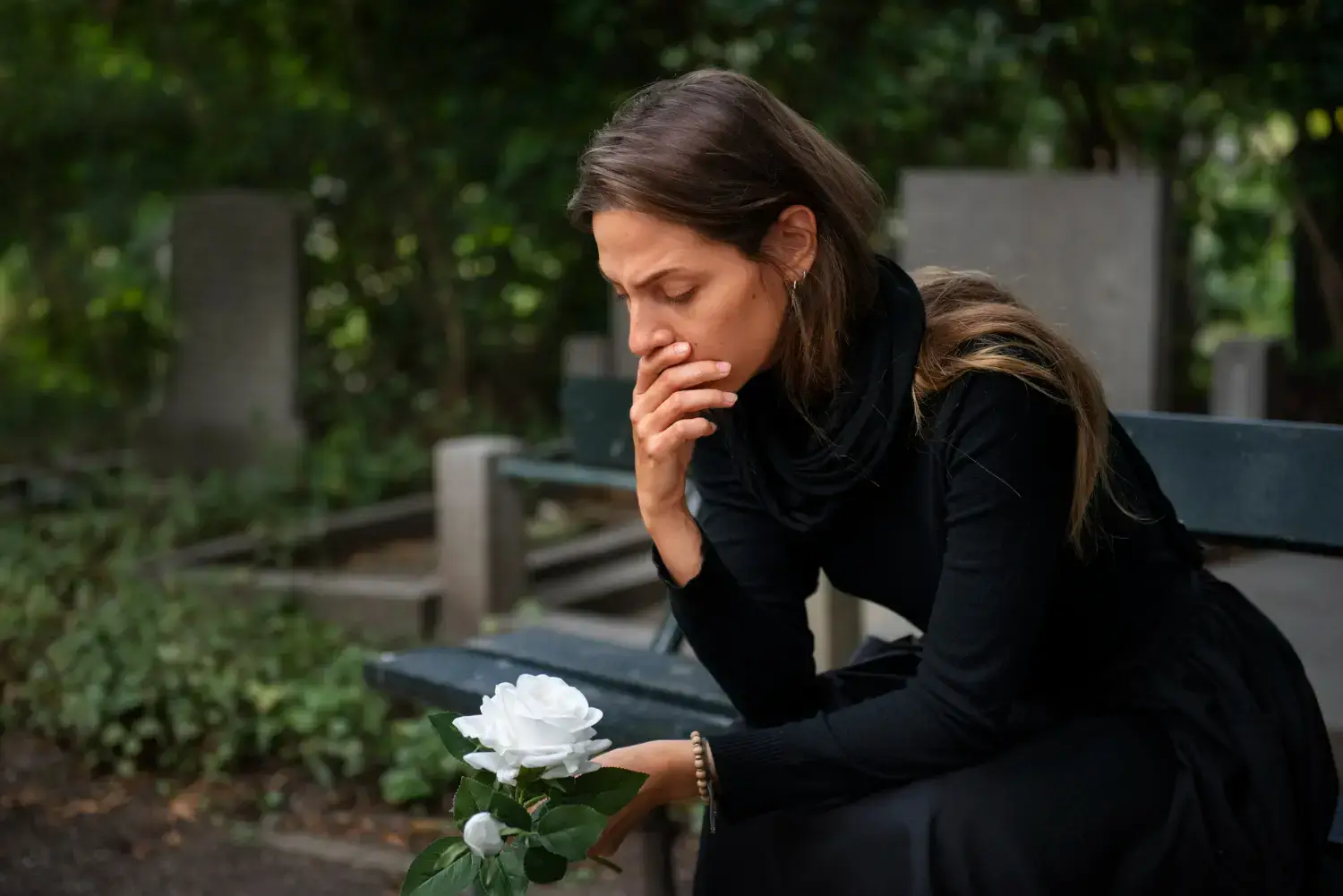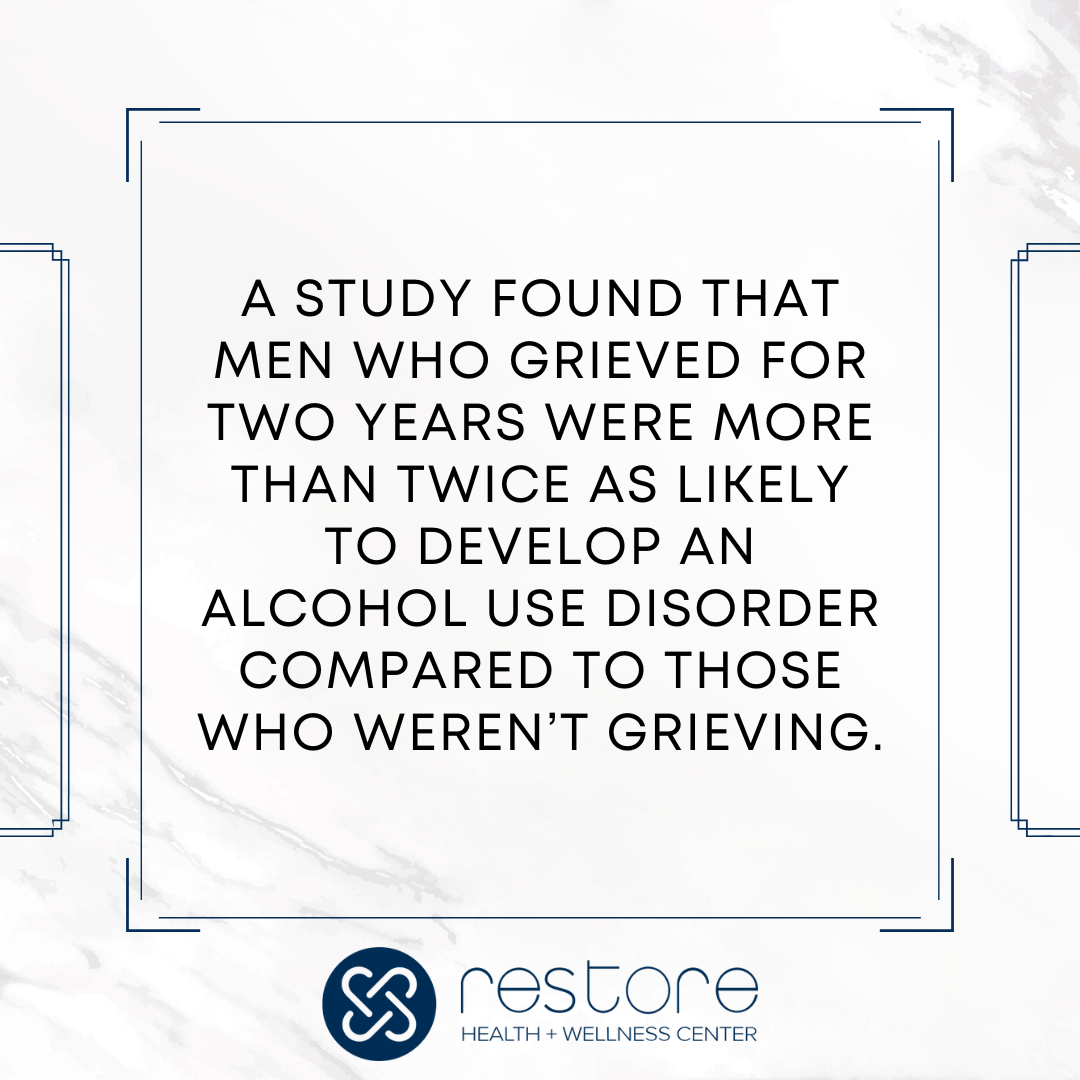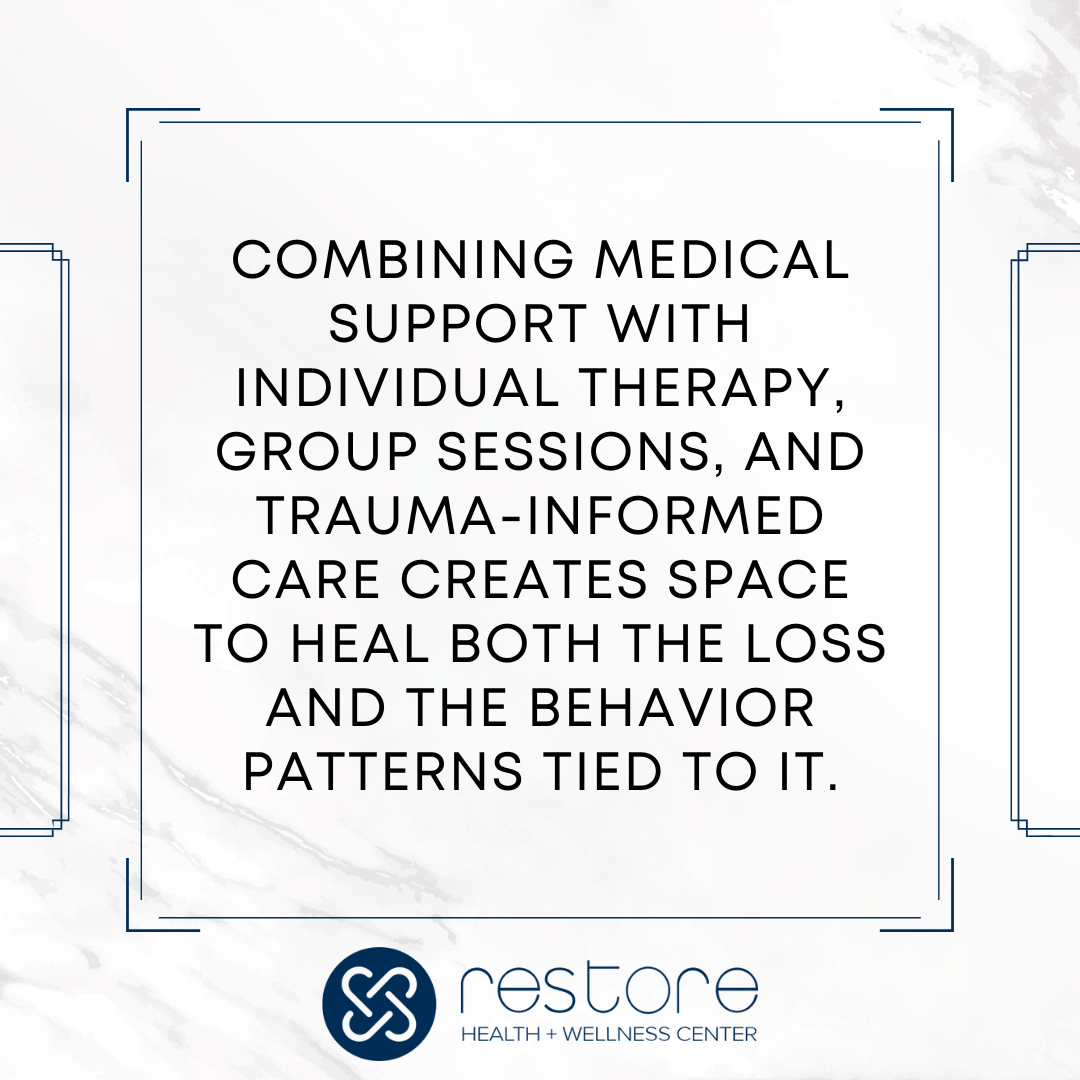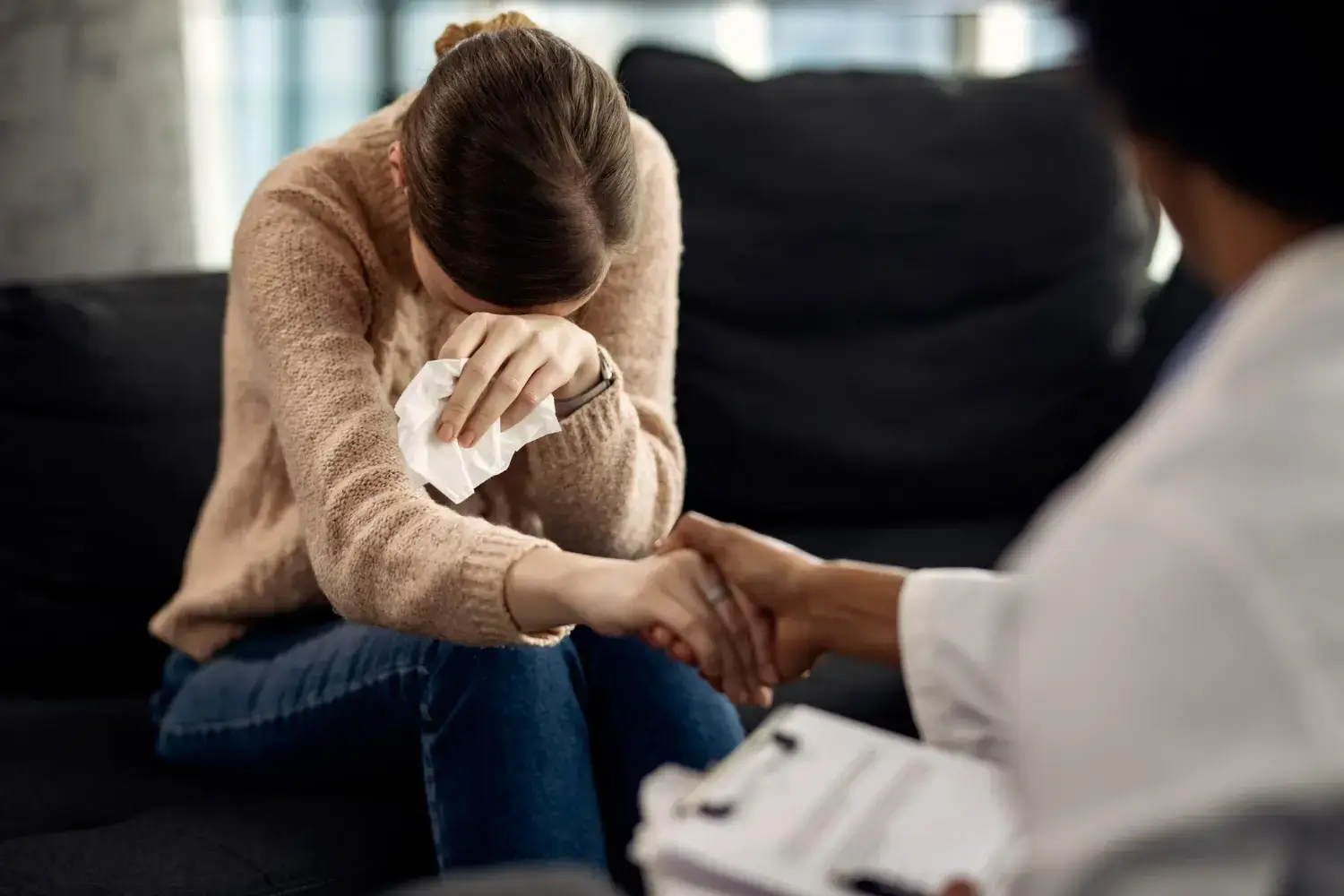
Grief is many things: shock, sadness, anger, guilt, and sometimes complete emotional shutdown. It can take over your thoughts, change how you function, and leave you searching for anything that offers relief.
When emotional pain becomes overwhelming, some people turn to substances to numb it or escape it. And often, they do so without realizing how deep they’re sinking. That’s where the link between grief and addiction comes in.
If you’re wondering how these two things are connected, this blog is for you. This article will discuss how loss can trigger or worsen substance use and why integrated support through rehab centers in California is crucial for recovery.

Understanding the Connection Between Grief and Addiction
One of the most complicated experiences you’ll ever have in life is grief. While it’s an experience unique to everyone, there’s a common pattern: It could drain your energy and cloud your thinking. And the reality is, you can’t ever prepare for it.
So, when you feel overwhelmed by sadness, guilt, anger, or numbness, it’s easy to reach for something that dulls the pain. That something could come in the form of substances. Elsewhere in the globe, many people use substances to cope or to escape. Or to feel anything at all.
Research backs this link between grief and addiction. For instance, a study found that men who grieved for two years were more than twice as likely to develop an alcohol use disorder compared to those who weren’t grieving. There’s also a study that shows that complicated grief — a prolonged, intense form of mourning — increases the risk of addiction even more. People caught in this kind of grief often turn to drugs or alcohol as a way to manage the emotional intensity.
The overlap between depression and addiction also matters. Grief can trigger or deepen depression, and when those symptoms go untreated, the risk of substance use increases.
But take note that grief isn’t just about the passing of someone you love. Apart from losing a loved one (especially in an unexpected or traumatic manner), here are some common triggers that can lead to substance abuse:
- Going through a divorce or breakup
- Experiencing a miscarriage or pregnancy loss
- Feeling isolated without support after a major loss

Why This Combination Is Especially Dangerous
On its own, grief is already a tough hurdle to deal with. It can wear you down in all aspects — mentally, physically, and emotionally. But when you start relying on substances to manage that pain, it becomes a thousand times harder.
When this cycle begins, it will be difficult to tell where the grief ends and the addiction begins. After all, these two reinforce each other, making it more difficult to heal or even recognize what’s really going on.
This mix increases the risk of depression, health issues, and isolation. You might avoid people, stop taking care of yourself, or feel completely disconnected from everything that once felt normal.
Unprocessed grief often leads to hidden patterns of substance use that get overlooked until they escalate. That’s why many programs (like those offering alcohol treatment Los Angeles options) are shifting toward integrated care. Addressing both the emotional pain and the addiction together gives people a better chance at real recovery.
What to Do To Deal With Grief and Addiction
Resolving two pressing issues requires more than just a simple fix. When you’re dealing with grief and addiction at the same time, you require care that addresses both the emotional weight of loss and the physical and mental toll of substance use.
Here’s how to start moving forward.
Get Support Through Traditional Therapy
Traditional therapy helps you process loss, understand emotional triggers, and rebuild coping tools without relying on substances. Whether you choose individual sessions, group therapy, or grief counseling, having space to talk honestly makes a difference.
Explore Integrated Treatment Options
Look for programs that treat both conditions together. Many drug rehab centers in California offer dual-diagnosis or trauma-informed care that focuses on the relationship between grief and substance use. These programs provide therapy, medical support, and structured care that’s built around your specific experience.

Focus on Personal Care
Even if you feel caught in the storm of grief and addiction, don’t overlook the importance of basic routines. Eating, sleeping, staying active, and creating space to rest emotionally all support long-term healing. Small habits help rebuild a sense of control when everything else feels uncertain.
Build a Daily Support System
Recovery doesn’t happen in isolation. This is why it’s important that you surround yourself with people who understand what you’re going through, including friends, family, support groups, or peer mentors. And keep this in mind: Reaching out early is vital. Because the longer you wait, the harder it gets to untangle the two.
The Importance of Dual-Focused Treatment
Treating grief without addressing addiction (or vice versa) often leads to relapse, emotional setbacks, or stalled progress. These issues are deeply intertwined, and real recovery requires a dual-focused approach. Combining medical support with individual therapy, group sessions, and trauma-informed care creates space to heal both the loss and the behavior patterns tied to it.
Many people find this level of care through a West Hollywood addiction treatment center or similar facility that offers integrated services. These programs often include grief counseling, support groups, and holistic options like mindfulness or movement therapy.

Conclusion
Grief and addiction can show up together, leaving you overwhelmed, disconnected, and unsure where to start healing.
To avoid getting stuck in a painful cycle, it’s crucial to address unresolved grief. When left untreated, grief can take root and drive deeper substance use, while addiction can suppress emotions that need to be faced. Real healing requires a treatment approach that addresses both, not just one.
Need help in addressing such issues? Restore Center is a trusted rehab center CA residents turn to for integrated, compassionate care. Our team understands how grief shapes addiction and how to help you move through both. Reach out today to start rebuilding!




